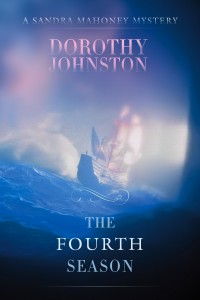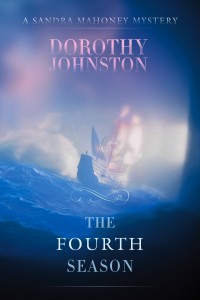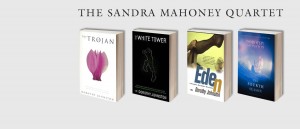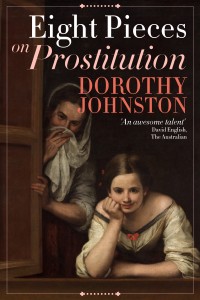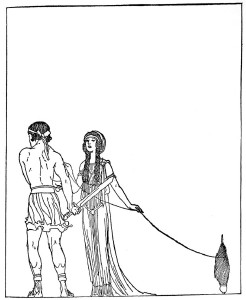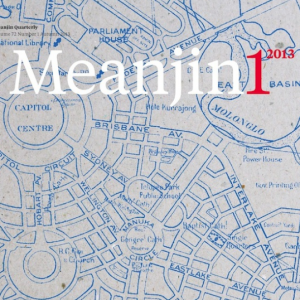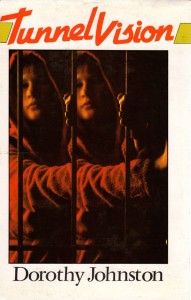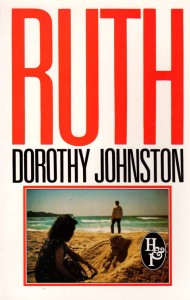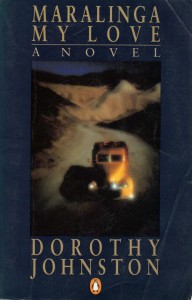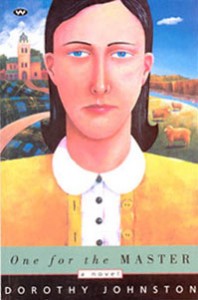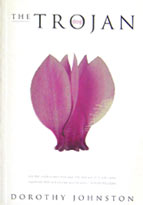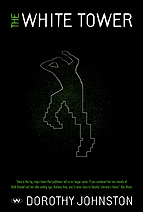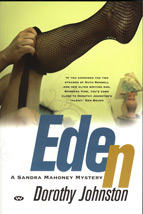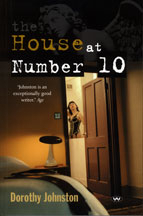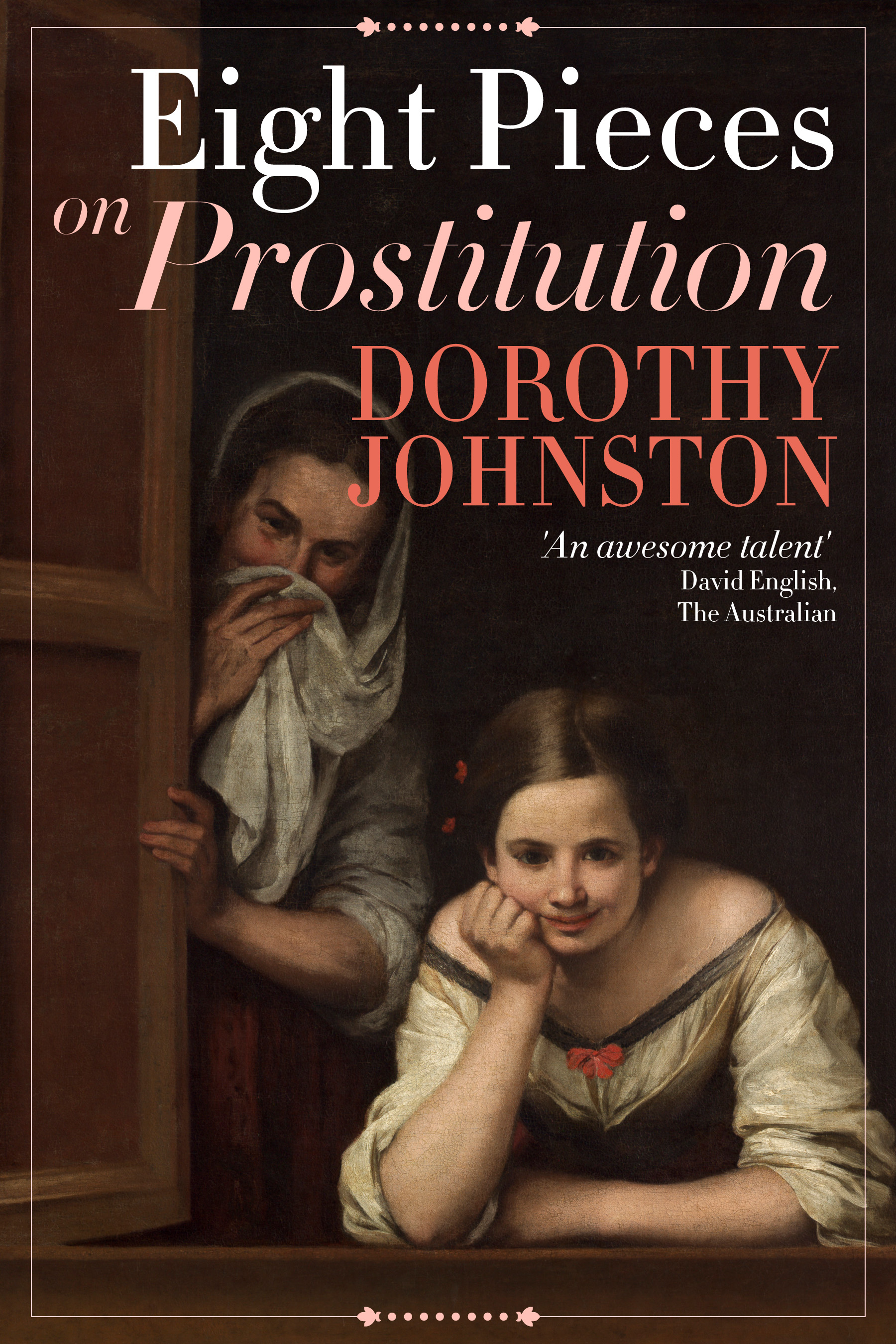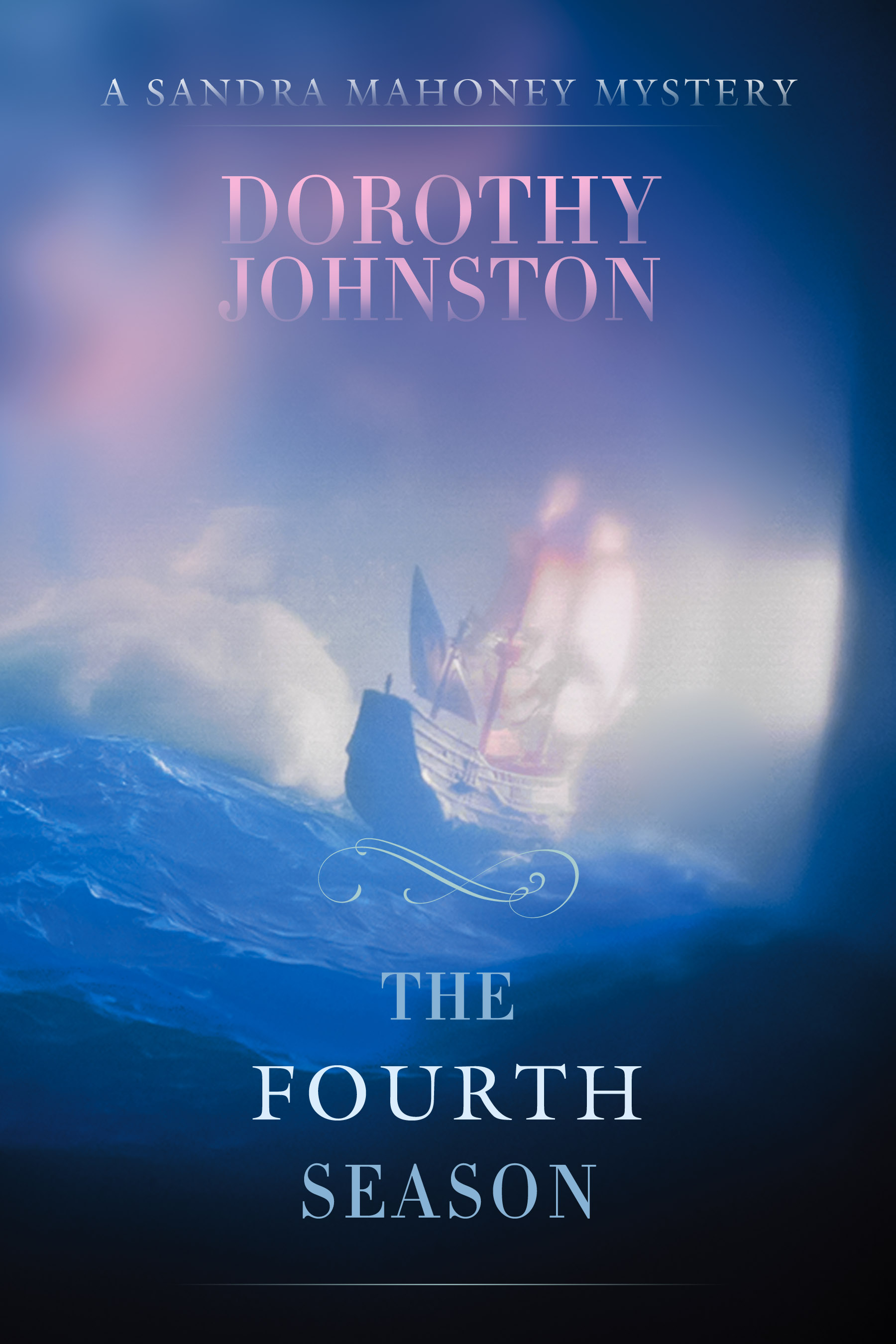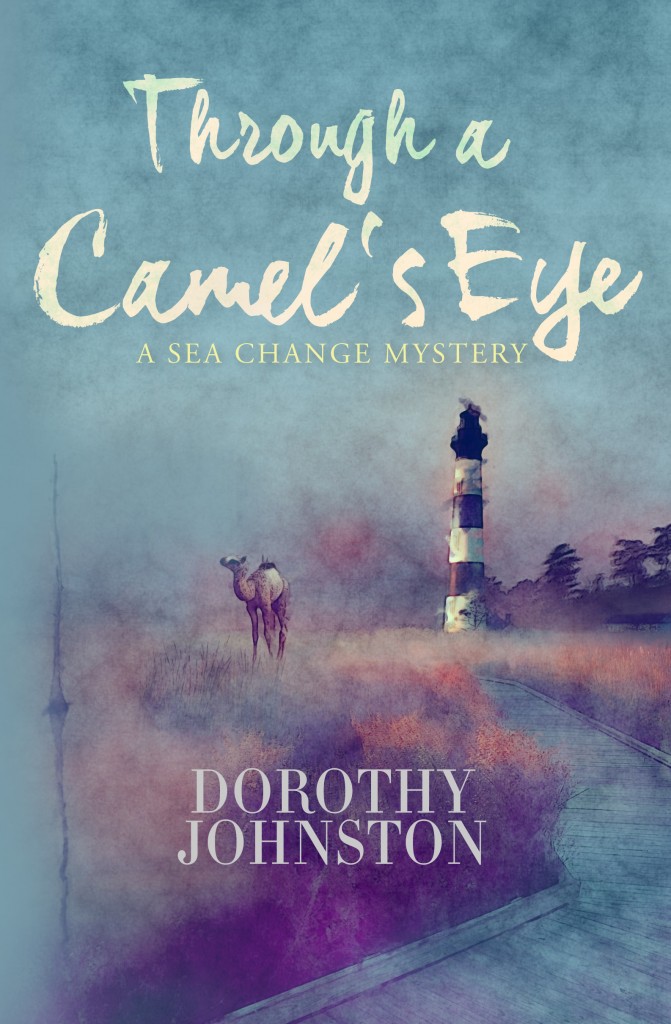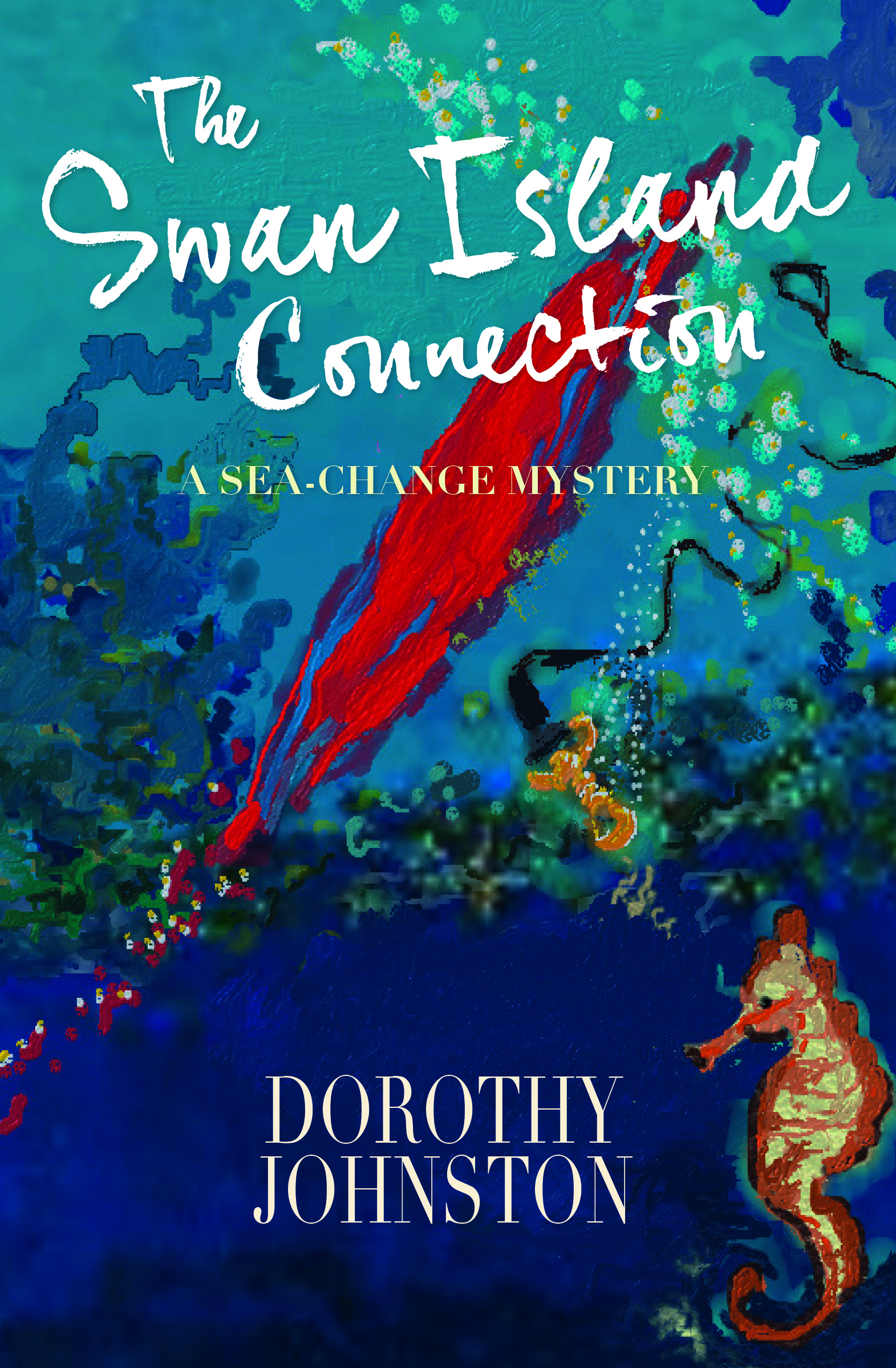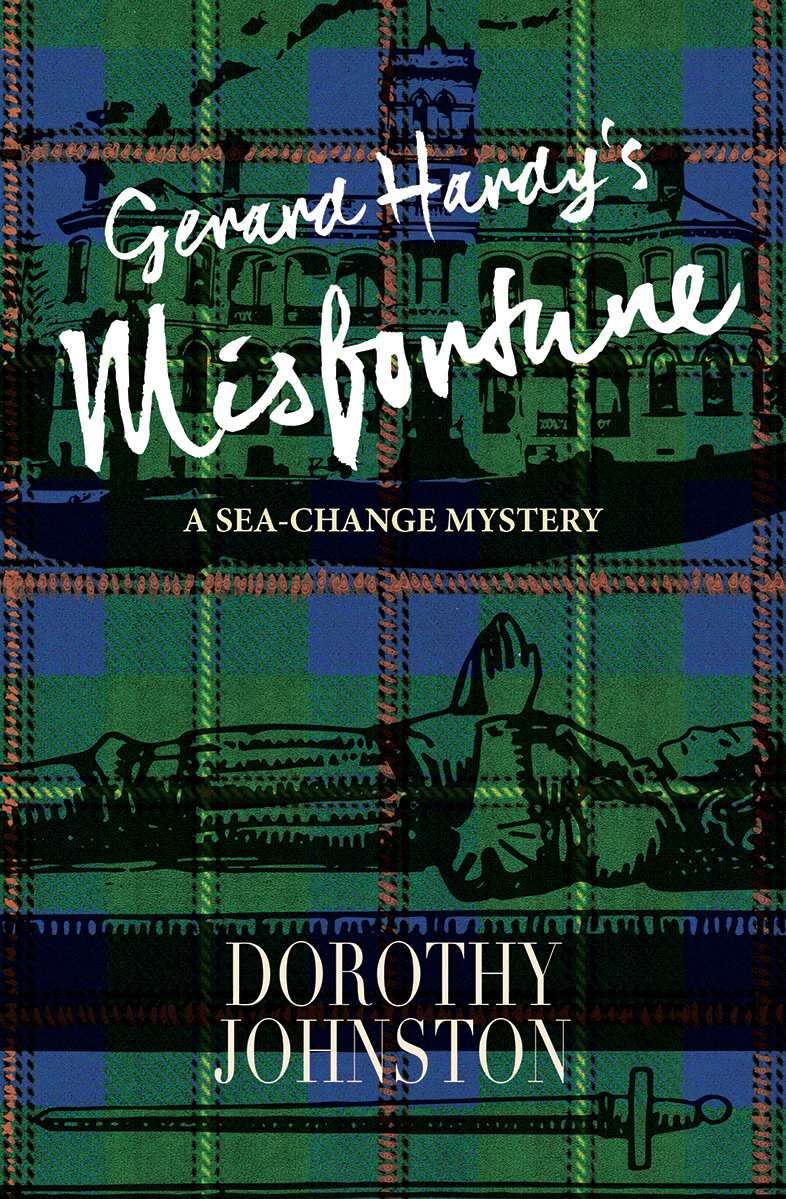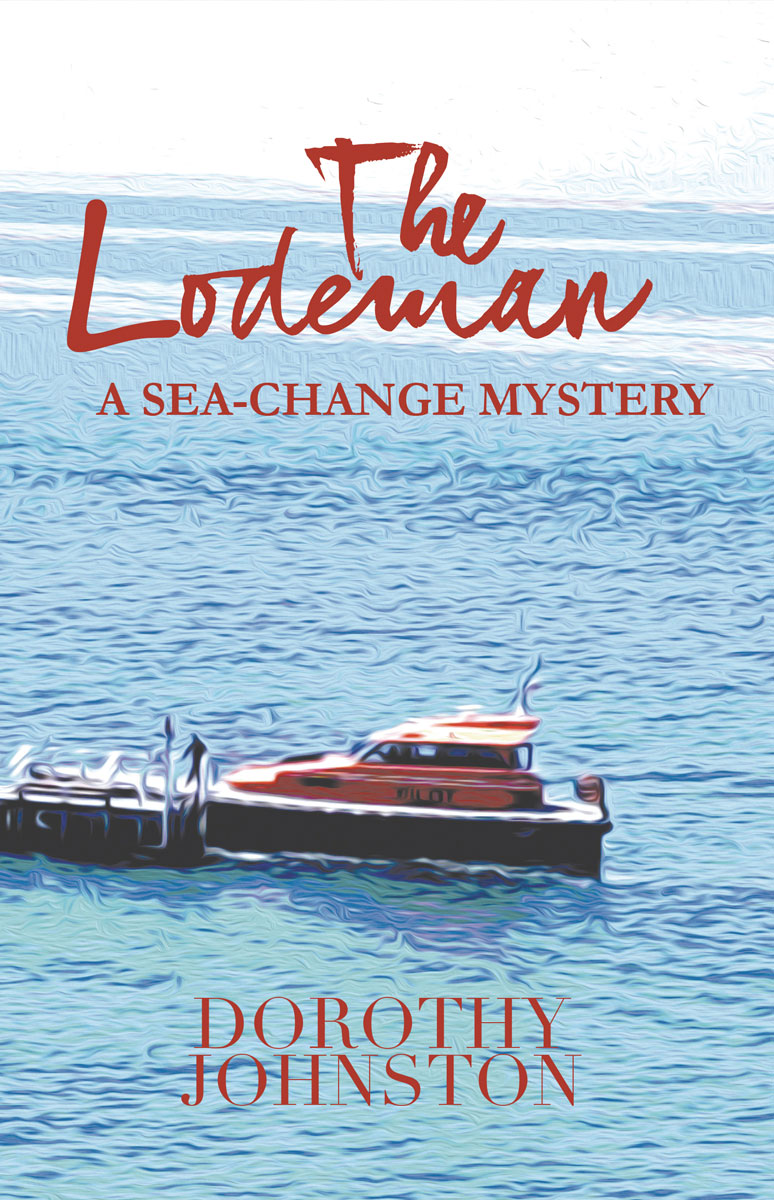I want to thank Maryann Miller for her generous review of The Fourth Season, the final book in my Sandra Mahoney mystery quartet. Maryann joins a growing list of reviewers who have enjoyed the novel, and I very much appreciate the time and trouble they have taken.
A few weeks ago, I wrote a blog post about Indie reviewing. That was before I’d come across an article in the Guardian by John Self, criticising Booker prize head judge, Peter Stothard, for bagging Indie reviewers.
In my post, I suggest that bloggers should set the bar higher than an ‘I like this: I don’t like that’ kind of review, but I fail to give enough credit or praise to those people who are drawing on a lifetime’s reading and thinking about books to offer invaluable insights and discussions.
Maryann Miller lives in Texas. Others who’ve reviewed my books live in the US too, and the UK, France – indeed all over the world. It’s a joy to me to have made these connections!
The Sandra Mahoney Quartet can be purchased from Wakefield Press, who are offering a special: four books for the price of three. The novels are also available on Amazon and other ebooks sites.
And another good review of The Fourth Season has just come in, this time from ‘Long and Short Reviews’.
This is the third in my series of posts about Australian poets. The first two are Suzanne Edgar and Joan Kerr.
Geoff Page is one of Australia’s best known and widely-published poets. He is based in Canberra and has published twenty-one collections of poetry as well as two novels and five verse novels, and has won many awards. Rather than include a lot of biographical information in this post, I suggest readers follow the link to Irma Gold’s excellent interview.
The Deputy
for J.F.
Driving daily into work,
he feels them equally as pressures,
atmospheric almost,
one more urgent than the other
but pressure all the same.
Both could justify a life,
one with what the young retain
and carry with them through the years,
the other more diffuse
and closer to the core,
resonances rising
from something deeper down,
more opaque than God perhaps,
rhythms, lines and images,
a gift that needs real readiness
before it can arrive.
Of course, one may excel at both.
No doubt a man may serve two masters.
Last year he taught them Doctor Faustus,
the senior class he still keeps on.
He thinks about the famous bargain,
the heavy freedoms of its power,
the good opinion held so widely,
the parent-teacher nights and, yes,
the jokes he makes at school assemblies
to show he’s serious.
At home though there’s a desk
With untouched paper and a screen,
an ideas file, a journal,
a mix of discipline and licence
to bring in pocket money only,
scuffling below the dole.
A friend of his has chosen this,
insecure and frugal
and prone to bitterness.
A third has signed a smaller deal,
holding off from higher slots
if ever they were offered.
Who is his Mephistopheles?
It’s not the principal.
He thinks perhaps they are collective,
these senior teachers who respect him,
who cannot let him go,
who see that he can make things happen
and keep a keel on course.
To them, this other life he has
is hardly more than self-indulgence,
a foible or some pleasant extra,
a flourish or addendum
to make a CV more compelling.
His watch says 8 am.
He turns into the car park now,
an hour before the world begins
its unforeseen complexities,
its smoke and mirrors of the human,
the needs that only he can meet.
The car is small and European,
very fast from nought to ninety.
He walks towards the building…
and sees, back home, that writing desk
patient in its shaft of light,
the blank page and a keyboard waiting,
the pressure of the poem.
‘The Deputy’ appeared in Meanjin 2, 2014. Thank you, Geoff, for allowing me to reproduce it here, and to Meanjin for publishing it.
I read the poem with an instant, deep feeling of recognition. In sixty-three lines, it says an enormous amount about the life of art, the choices and hard bargains, and the ways these are carried within a person life-long.
The voice is quietly authoritative, unsentimental, uncomplaining. The deputy headmaster, who is also an artist, must weigh up and doubt and compare, and go on doing so. This is his destiny. But it’s not an intellectual exercise – the pressures are heart-felt.
And the last line is superb, shining undimmed by the teacher’s daily, ‘other’ life, yet given meaning by it and by the poem as a whole.
I was reminded of the last stanza of Yeats’s ‘Meditations in Time of Civil War’, and ‘the half-read wisdom of daemonic images’ with which Yeats comforts himself, while understanding that Page’s poet/public man is a very different character.
A wonderful poem! I hope many readers get the chance to discover and enjoy it.
I’m proud to announce that Awesome Indies have given their Seal of Approval to my Sandra Mahoney mystery novel, The Fourth Season. A book has to achieve 5 stars to be included on the Awesome Indies site, and reviews are rigorous and professional. I can now tell readers that my book ‘has been awarded a place on the Awesome Indies list of quality independent fiction.’
You can read the review here.
Thank you, Awesome Indies!
The Fourth Season, the fourth and last book in my Sandra Mahoney quartet, has a good review in MBR Bookwatch. The reviewer is Diane Donovan.
‘The Fourth Season, a Sandra Mahoney mystery, represents the fourth book in Dorothy Johnston’s mystery quartet, beginning with The Trojan Dog, then The White Tower and Eden. (The other books have not been seen by this reviewer).
It opens with a compelling first-person reflection: “The story I’m about to tell begins and ends by water….(sic) Over time, the two deaths ran together in my mind and I came to think of them as the water murders. The name conjures up an image of fluidity; but could as well suggest stagnation; or the leaching away of what is held to be precious by those most in need of it. I don’t mean life itself – that absolute division – or not only that. I mean that which gives each individual life its meaning.”
Through this introduction readers receive fair warning that this mystery is anything but formula writing: it blends in philosophy and life associations and thus its plot incorporates far deeper significance than your usual ‘whodunnit’ focus on methods and perps alone.
Sandra Mahoney is a private investigator (of course) who finds personal meaning in the discovery of a floating body: a body which was once her partner’s lover, making Ivan an immediate suspect, with no alibi.
To complicate matters further, she’s investigating a second murder AND juggling the needs of two children also affected by Laila’s death: a six-year-old and an adolescent. There’s a lot of emotional reaction on all sides; and all this overshadows and complicates what is already a challenging investigation, blending personal into professional concerns and creating more than a series of conundrums for Sandra.
Dorothy Johnston should be commended, first of all, for using the first person as a vehicle for presenting all these emotions. It brings out inner feelings without the distance of using the third person and it adds fire and passion to her story: “What does it mean to be told too little? What does this particular lack mean to an adolescent boy, or to his mother, who happens to be a person endeavouring to make her living by collecting information? It was an endeavour that, for years up until that moment, had sustained, if only just, both my life and that of my children – sustained in a thousand practical, easily overlooked ways.”
Dorothy Johnston is equally powerful at displaying her investigator protagonist’s emotions throughout the course of events: another strength that separates The Fourth Season from your typical murder mystery: “I wanted to come face to face with that killer now. What man or woman, known to me perhaps, had that degree of nerve? Was it possible to deduce this from the outside? My experience told me no, of course it wasn’t. Did other people look at me and ask themselves: could she? Would she? I asked myself then: what are you capable of, if sufficiently pushed? I didn’t know the answer. I hoped it wasn’t murder. I hoped I knew myself well enough for that.”
As events unfold and add layers of complexity to Sandra Mahoney’s life, they successfully engross readers in not just a singular murder investigation, but a unified survey of everyone emotionally shaken by death. It’s this approach that makes The Fourth Season a powerfully different story, highly recommended for any who seek more complexity in their murder reading.
Oh, and if you think you need previous background from the other books in the quartet, be advised: this stands well on its own. Also be advised: once you read The Fourth Season you most likely WILL want to pick up the others to see what you missed!’
The Fourth Season is also garnering some good reviews on Amazon. Thanks to those ebook authors and reviewers who have taken the trouble to read my book.
My Sandra Mahoney quartet is now for sale on Amazon, including the new and final book, The Fourth Season. And I already have four great reviews! You can read them here.
In her review, Joan Kerr makes a telling point, but one I hadn’t given much though to – not conscious thought anyway. Each novel in the quartet is set during a particular season. The Fourth Season is autumn. ‘The charms and stresses of each season operate as a symbol for the characters’ emotional lives’, Joan says, and of course this is true.
In talking about my quartet with friends and readers, I’ve been drawn back into remembering how it began. I didn’t set out to write one mystery novel, much less four! Some time in the late 1990s, I decided to write a short story from the point of view of a computer virus, and in the middle of it Sandra appeared. Not only that, she appeared with a new job in a government department threatened with the axe, a husband who’d scarped off to America and a son with reading problems. Far too much for a short story!
At the time, I was having a lot of difficulty finding a home for One for the Master, my novel set in a Geelong woollen mill. Post-modern ideas and tastes were dominant and my book was dismissed as social realism. (Never mind that it starts off with a ghost.) I turned to crime writing because, though there are obviously rules, I found within the genre an openness that I felt was lacking in literary fiction at the time. And I found an organization, Sisters in Crime Australia, happy to welcome newcomers.
I didn’t turn my back on literary fiction – I have never done so – but neither do I regret my years spent with Sandra and her investigations into the underside of Canberra.
And with One for the Master I was vindicated finally, as was Wakefield Press, the independent Australian published who took it on. One for the Master was shortlisted for the 1998 Miles Franklin Award and set on the VCE syllabus.
Wakefield have released, as ebooks, all four novels in the Sandra Mahoney Quartet and are offering a special launch price of 4 for the price of 3.
Sandra Mahoney has gone digital – all four books at once!
They can be purchased from Wakefield Press. The price is $9.94 each, but there’s a special launch offer – 4 books for the price of 3! For the epub special offer, click here.
The Fourth Season, the last book in the quartet, is new, and ebooks of the first three have been published to co-incide with its release. It was always my intention to write four books, one for each season, and now I’ve achieved my aim.
Here’s a brief outline of The Fourth Season.
When the body of a young female environmental activist and science student, Laila Fanshaw, is found floating in Lake Burley Griffin, security consultant Sandra Mahoney’s life is turned upside down, not least because Sandra’s partner was in love with Laila. Ivan is a suspect and has no alibi for the time of death.
A further strain is put the relationship when another suspect, Don Fletcher, who worked in the Federal Environment Department, wants to hire Sandra to help him clear his name.
Against opposition from Ivan, Sandra says yes and takes on the assignment.
Laila was a complex person, good friends with a Greens senator, and committed to her cause, but also unscrupulous in her use of men, and an accomplished hacker. While Sandra is attempting to understand Laila’s character, and the events that led to her murder, there is another ‘death by water’. This time the body of professional diver, Ben Sanderson, is found in Sandra’s local swimming pool.
Sandra has to weigh up her desire to learn the truth against her children’s needs. Only six-year-old Katya is Ivan’s natural child; adolescent Peter has a different father. But both children are deeply affected by Laila’s death and Ivan’s reaction to it. Added to this, Sandra’s friend in the Federal Police, Detective Sergeant Brook, is absolutely against her involvement in the case.
Laila had a secret passion, and though this passion was connected to her love of the sea, nobody who knew her guessed what it was. In pursuit of this passion, she stumbled on a major criminal activity.
It takes all of Sandra’s ingenuity and courage to steer herself, and her family, through the dangers that lead to an eventual unmasking of the truth.
The first book in my quartet, The Trojan Dog, was joint winner, ACT Book of the Year 2001, and runner-up in the inaugural Davitt Award. The second, The White Tower, was nominated as the ACT representative for the 2012 Year of Reading. These two were published in Australia by Wakefield Press and in America by St Martins Press. The third, Eden, was published in Australia by Wakefield Press.
My Canberra crime quartet is about to go digital – all four books at once! I’ll be offering special deals and giveaways and using this blog to let readers know about them.
The first three, The Trojan Dog, The White Tower, and Eden, are published by Wakefield Press in Australia, and the first two in America by St Martins Press. I’m glad they’re being released as ebooks this year, when Canberra turns a hundred.
I lived in Canberra for thirty years before returning in 2008 to Victoria’s Bellarine Peninsula, where I grew up. Writing a mystery series was one of the things I turned to, to try and understand Australia’s national capital both as the city I loved and as a seat of government that is often misunderstood and derided by the rest of the country. I decided early on to write four novels, one for each season, beginning with Canberra in the grip of a hard winter and ending with The Fourth Season, which is set in autumn.
I’ve always been fascinated by the physical aspects of the city, the way the clear inland light seems to promise truth, the way it shines on the Parliament’s enormous, overbearing flagmast. Canberrans have in their mist an imposing castle on a hill; they must struggle to define themselves against it, even if they do this subterraneously. The fact that inland Australian light shines brightly on our castle, that it is seldom veiled in mist like Kafka’s, makes it more, not less mysterious.
All four books feature Sandra Mahoney, and I’ll pause to say a word about her name, which has a good literary pedigree, as in The Fortunes of Richard Mahony; and an architectural pedigree as well, as in Marion Mahony Griffin, whose superb drawings were submitted along with her husband’s prize-winning design entry and are held in the National Archives. I’ve added an ‘e’ to my protagonist’s name, but that is neither here nor there; I often think about literary and architectural traditions when I’m writing about Canberra, and in some ways see my Sandra as an heir to them.
Sandra is an everywoman, falling into her first investigation, and soldiering on from there. My other series characters are a Russian IT person, Ivan Semyonov, and a Detective Sergeant called Brook, who suffers from leukaemia. Sandra’s two children, Peter and Katya, also play important roles.
And my other character is cyberspace. Electronic crime features in each book of my series. In the 1990s, when I began writing it, hardly any Australian writers were focussing on electronic crime; it seems odd to look back on that now. The ACT government once planned to make Canberra the IT capital of Australia; that’s a quaint notion now as well. Yet electronic crime seemed to fit well with the place that for thirty years was my hometown – the left hand not knowing what the right hand was doing, or pretending not to know – the government as the country’s biggest spender and therefore an attractive target for thieves and charlatans of all kinds – and something else, less easy to define.
I used to think a lot about Umberto Eco’s description of three types of labyrinth when working out the kind of mystery novels I wanted to write.
First, Eco says, there is the classic labyrinth of Theseus. Theseus enters the labyrinth, arrives at its centre, thanks to Ariadne’s thread, slays the minotaur, then leaves. He does not get lost. Terror is born of the fact that you know there is a minotaur, but you do not know what the minotaur will do.
Then there is the mannerist maze. As Ariadne’s thread is unravelled and followed, the Theseus figure discovers, not a centre, but a kind of tree with many dead ends, many branches leading nowhere. There is an exit, but finding it is a complicated task.
Finally there is the net, which is so constructed that every path can be connected to every other one. The labyrinth has no centre and no one entry or exit. Cyberspace is clearly this third kind of labyrinth. The computer criminal, hacker, virus king etc can be tracked, but the mode of tracking, of following the thread, soon corresponds to becoming lost in the maze, which indeed itself can become the minotaur.
I find this space enormously appealing, though its complexity has far outstripped by ability to comprehend it. Yet what also appeals to me is the traditional structure of a crime investigation – a fictional crime investigation, that is – the progression from a beginning to an end where the criminal is identified and caught. I like the tension that’s created by putting one inside the other, and I strove to create this tension in each of the books comprising my quartet. They represent a sizeable chunk of my writing life and I’m glad they’re going to have new lives of their own.
